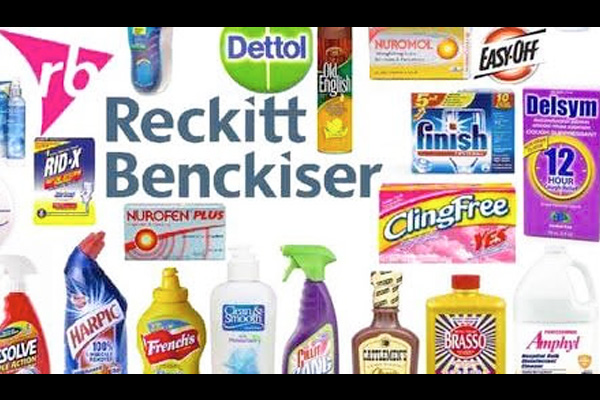NEW ENGLAND JOURNAL of MEDICINE –
January 8, 2020 – The company also filed a “sham” citizen petition to formally request that the FDA take administrative action against manufacturers of generic buprenorphine tablets. Members of the public can file citizen petitions requesting that the FDA take certain regulatory action. Reckitt Benckiser’s petition claimed that tablet buprenorphine formulations packaged in bottles posed a greater risk of overdose for children than Suboxone films sold in unit-dose, child-resistant packaging. The FDA ultimately denied this petition, finding that the REMS program for buprenorphine products adequately mitigated harms to children, and referred the petition to the Federal Trade Commission as an anticompetitive action. Then, Reckitt Benckiser refused to cooperate with prospective generics manufacturers in developing a single shared REMS plan for combined buprenorphine–naloxone tablets.4 Generics manufacturers were therefore compelled to apply for a waiver to have their own REMS plan to facilitate marketing approval. These actions extended Reckitt Benckiser’s dominance of the buprenorphine market.
Reckitt Benckiser subsequently engaged in further regulatory manipulation to extend its market exclusivity. In 2012, the company announced its intention to remove Suboxone tablets from the market. Its sister company, MonoSol Rx, filed a second citizen petition asking the FDA to reject any application for generic versions of buprenorphine–naloxone film that didn’t “reference” Suboxone film’s drug application (thereby requiring generics to have evidence of bioequivalence to Suboxone film). In 2016, attorneys general in 36 states sued Reckitt Benckiser for violating antitrust laws by illegally product hopping to extend its Suboxone monopoly…



